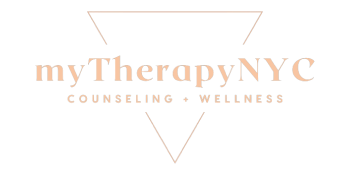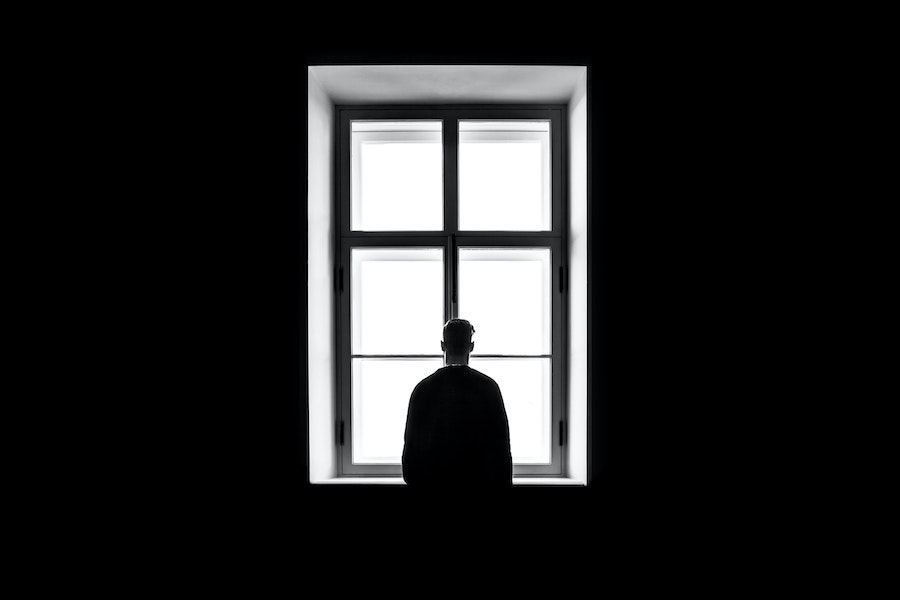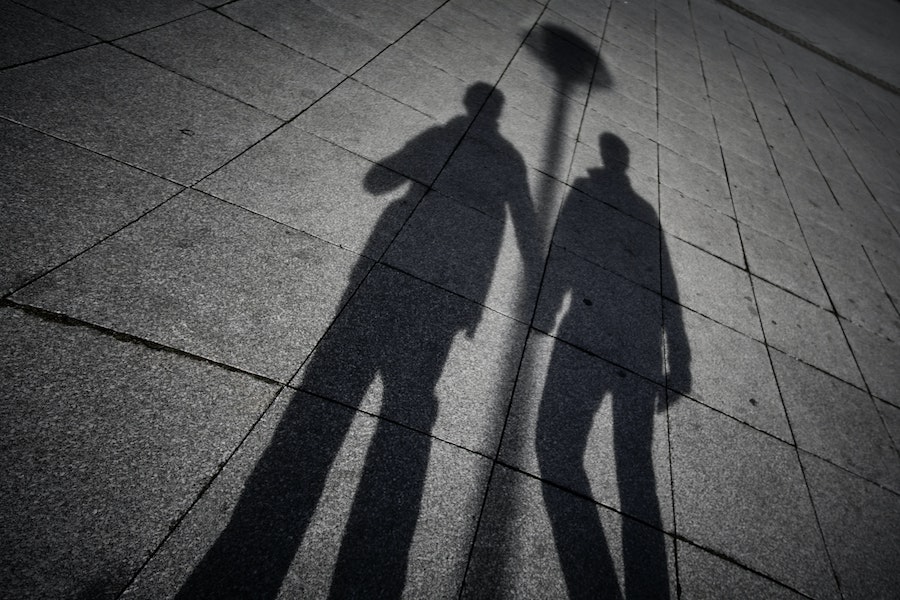To many people, identifying as bisexual may sound like it gets you the best of both worlds. If you date both men and women, then you double your chances of finding a good match, right? The logic of this may make some sense. However, this picture does not align with the experience that many people who identify as bisexual have. In fact, it is often quite the opposite. As a therapist, I have noticed that my clients who identify as bisexual often report that they encounter a lot of judgements and assumptions about them and often feel misunderstood. Even groups that you would expect to be tolerant often make bisexual people feel unwelcome. In this blog, I will examine the question “what is bisexuality?” and explore how we can be better allies to people who identify as bisexual.
What is bisexuality?
At its most basic level, we can define bisexuality as a sexual orientation marked by attraction to both men and women. However, as we continue to evolve our understanding of gender identity, this definition could use some deeper digging. The truth is, there is no single way to be bisexual. Some people who identify as bisexual are sexually attracted to cisgender men and cisgender women equally. However, for many people who identify as bisexual, the attraction is not perfectly equal. Others are attracted to people across the gender spectrum, including those who identify as trans, nonbinary, or gender noncomforming. Some people may identify as pansexual, meaning they are attracted to all genders. Others may still feel more aligned with the label of bisexual. All this is to say that you cannot assume that someone identifying as bisexual means one thing. There are many ways to be bisexual.
Another consideration is the type of attraction a person has toward others. Some people are sexually attracted to people of differing genders. Others may experience sexual attraction to one gender, but romantic attraction to another. For example, you may like to have sex with a cisgender woman, but prefer to go on a romantic date with a cisgender man. Any one person may have their own unique blend of attractions. Being able to understand your attraction to others and communicate it honestly and openly can do wonders for your relationships.
Is bisexuality real though?
The simple answer to this question is: yes, bisexuality is real. The fact that many people doubt that bisexuality is a real sexual identity is the issue that we need to address. People who identify as bisexual often face people speculating about whether they are “really gay” or “really straight.” Although it may seem fun to guess what somebody may be hiding, this kind of speculation can be incredibly harmful.
Nobody has the right to claim or label another person’s sexual identity. Sexuality is complex and fluid. It can differ greatly from one individual to another and also change for an individual across their lifetime. When we speculate that someone is “really gay” or “really straight,” we are denying them the respect to claim who they actually are. If you find yourself doing this, ask yourself: What is it about this that makes me uncomfortable? What does my inability to accept a bisexual identity say about me? You are more likely to find helpful insights by investigating your own impulse to judge or categorize someone else’s sexuality than by trying to figure them out.
Unfortunately, biphobia is something that bisexual people face from many communities. Biphobia is any negative attitude toward bisexual people. That means biphobia can show up as anger, rejection, or aggression towards bisexual people. However, it can also show up as the intolerance or erasure of bisexuality as a valid sexual identity. For example, people who identify as bisexual often report that they have difficulty being taken seriously or finding lasting relationships with both straight and gay people. Although we may expect that the struggles with acceptance that gay communities face would make them more tolerant and accepting of bisexuality, this often is not the case.
Being a bisexual ally
Considering all of this, you may wonder how you can best be a supportive ally of the bisexual community. Here are some easy tips:
Don’t make assumptions
If someone identifies as bisexual, do not assume that you know what that means for them. Sexual identity is complex, fluid, and incredibly varied. Unless someone tells you about the nuances of their specific sexual identity, assume that you do not know about it.
Be curious
If someone opens up to you about their sexual identity, the best thing to do is be curious and ask open and inviting questions. Let them lead the way in a conversation about their sexuality.
Avoid biphobic microaggressions
A microaggression is a subtle or commonplace way of offending or dismissing someone who is a part of a marginalized group. Some common biphobic microaggressions are: “Do you think you’ll end up with a man or a woman?” “Who are you really attracted to?” “Want to have a threesome?”
Read more about microaggressions
Bisexuality is one of many sexual identities and all sexual identities are valid. Unfortunately, bisexuality is too often dismissed or misunderstood. People who identify as bisexual often find it difficult to find acceptance, even in communities that also face intolerance. It is important to understand that nobody can claim another person’s sexual identity. It is also important to understand that, even within bisexual identities, there is a lot of variation. In order to be a true ally to people who identify as bisexual, do your best to listen and be curious without making assumptions. In fact, this is a good approach when you are trying to understand anything about anyone, including yourself!
Are you struggling to understand sexual identity, whether in yourself or in those around you? Therapy can help! Many of the psychotherapists at myTherapyNYC specialize in gender and sexuality and can provide a safe and supportive environment to have these often sensitive conversations.
What ways have you overlooked or dismissed bisexuality? How can you be a better ally? Join the conversation in the comments below!
- How to Help a Friend in an Abusive Relationship - January 12, 2023
- What is the Relationship Between Trauma and Addiction? [Video] - November 29, 2022
- What is New Relationship Energy and How Do I Manage It? - October 27, 2022






1 comment
Weston, this blog is so well written. Being able to understand one’s attraction to others and communicate it honestly is so important. There is so much nuisance to this blog that I really appreciate. Thank you.